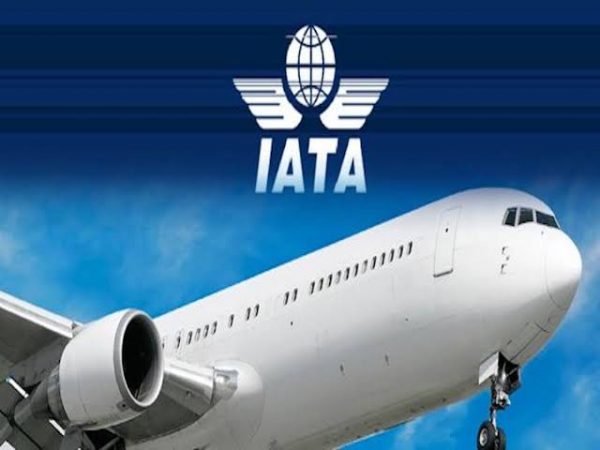Nigerian airlines, others to lose N1.4tn, poor COVID-19 vaccination slows recovery
 Nigerian and other African airlines will see a very slow pace of recovery in financial performance from a $1.9bn loss in 2021 to a $1.5bn loss in 2022, bringing the continent’s total loss in two years to $3.4bn (N1.4tn), the International Air Transport Association has said.
Nigerian and other African airlines will see a very slow pace of recovery in financial performance from a $1.9bn loss in 2021 to a $1.5bn loss in 2022, bringing the continent’s total loss in two years to $3.4bn (N1.4tn), the International Air Transport Association has said.
According to the Geneva-based airline body, low vaccination rates in Nigeria and other countries in the continent are expected to severely dampen demand throughout 2022.
The Director-General, IATA, Willie Walsh, made the disclosure on Monday during his presentation of the airline industry report at the 77thn Annual General Meeting and World Air Transport Summit holding in Boston, Unites States.
In the ‘Report on the Air Transport Industry’, the IATA DG said the projected slight improvement in Africa’s airline industry profit between this year and next year was built on the expectation of some recovery in intra-Africa travel and travel to some tourist destination with relatively higher vaccination rates.
Walsh said, “African carriers will see a very slow pace of recovery in financial performance from a $1.9bn loss in 2021 to a $1.5bn loss in 2022.
“Low vaccination rates across the continent are expected to severely dampen demand throughout 2022.
“The slight improvement is built on the expectation of some recovery in intra-Africa travel and travel to some tourist destinations with relatively higher vaccination rates.”
According to health industry data, vaccination rate in Africa is less than 10 per cent while that of Nigeria is still far less than five per cent.
The IATA report noted that vaccinations were proving to be a key driver for government relaxation of border control measures.
The airline body said quick progress in vaccine distribution in developed economies was progressively giving governments the confidence to re-open borders and people the confidence to travel.
The report, however, noted that parts of the world with slower vaccine distribution (developing economies and some developed economies in Asia Pacific) would take longer to see an industry recovery.
Walsh said, “The magnitude of the COVID-19 crisis for airlines is enormous. Over the 2020-2022 period, total losses could top $200bn.
“To survive, airlines have dramatically cut costs and adapted their business to whatever opportunities were available. That will see the $137.7bn loss of 2020 reduce to $52bn this year. And that will further reduce to $12bn in 2022.
“We are well past the deepest point of the crisis. While serious issues remain, the path to recovery is coming into view. Aviation is demonstrating its resilience yet again.”
According to the IATA DG, air cargo business is performing well, and domestic travel will near pre-crisis levels in 2022.
He, however, noted that the challenge was international markets which have remained severely depressed as government-imposed restrictions continue.
Walsh said, “People have not lost their desire to travel as we see in solid domestic market resilience. But they are being held back from international travel by restrictions, uncertainty and complexity.
“More governments are seeing vaccinations as a way out of this crisis. We fully agree that vaccinated people should not have their freedom of movement limited in any way.
“In fact, the freedom to travel is a good incentive for more people to be vaccinated.”
He added that governments must work together and do everything in their power to ensure that vaccines were available to anybody who wants them.







